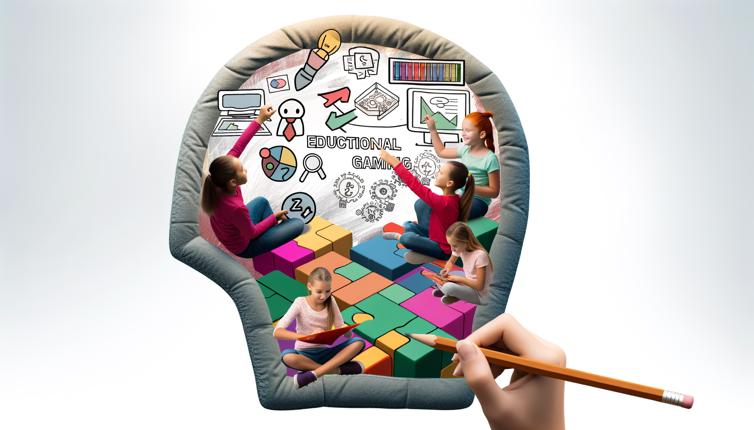The Importance of Skill-Based Choices
When children play video games, they are presented with various challenges that require them to think critically and make decisions. However, not all games require the same level of problem-solving or decision-making skills. Some games are purely based on luck or reflexes, while others require players to strategize and make important choices.,By selecting games that have a strong emphasis on skill-based gameplay, parents can help their children develop important cognitive abilities. Problem-solving skills, decision-making skills, and critical thinking skills are all vital for success in school and beyond. By encouraging children to choose games that promote these skills, parents can set them on a path towards success and lifelong learning.
Choosing the Right Game
When it comes to choosing the right game for skill development, there are several factors to consider. First and foremost, parents should look for games that require problem-solving and critical thinking. These types of games often feature puzzles, riddles, or complex gameplay mechanics that require players to think creatively and come up with innovative solutions.,Additionally, games that involve decision-making and consequence management are also beneficial for skill development. These games often present players with choices that have real consequences, forcing them to think about the potential outcomes of their actions.,Lastly, parents should consider the age appropriateness of the game. Younger children may benefit from games that have simpler gameplay mechanics and are less complex, while older children may be ready for more challenging games that require higher-level thinking skills.,Overall, the key is to find a balance between fun and educational value. By selecting games that are both entertaining and promote skill development, parents can ensure that their children are getting the most out of their gaming experiences.
Tips for Parents
Here are some tips for parents to help them choose games that foster problem-solving, decision-making, and critical thinking:,1. Research game ratings and reviews: Before purchasing a game, take the time to research its ratings and read reviews from other parents. This will give you a better idea of the game's educational value and whether it aligns with your child's skill development needs.,2. Play games together: Take an active interest in your child's gaming experiences by playing games together. This will not only allow you to bond with your child but also give you firsthand experience of the game's content and gameplay.,3. Encourage open-ended play: Look for games that offer open-ended gameplay, where there are no predetermined solutions or right answers. These types of games encourage creativity, problem-solving, and critical thinking.,4. Limit screen time: While games can be educational, it's important to set limits on screen time to ensure a healthy balance between gaming and other activities such as physical exercise, socializing, and homework.,By following these tips, parents can make informed decisions when it comes to choosing games that promote skill-based learning and provide a positive gaming experience for their children.
Conclusion
Choosing the right game can have a significant impact on a child's skill development. By selecting games that require problem-solving, decision-making, and critical thinking, parents can help their children develop important cognitive abilities that will benefit them in all aspects of life. Additionally, by taking an active interest in their child's gaming experiences and providing guidance, parents can ensure that gaming is a positive and educational activity. It is important to remember that not all games are created equal, so it is crucial to do research and make informed choices. By making skill-based choices, parents can set their children on a path towards success and lifelong learning.









